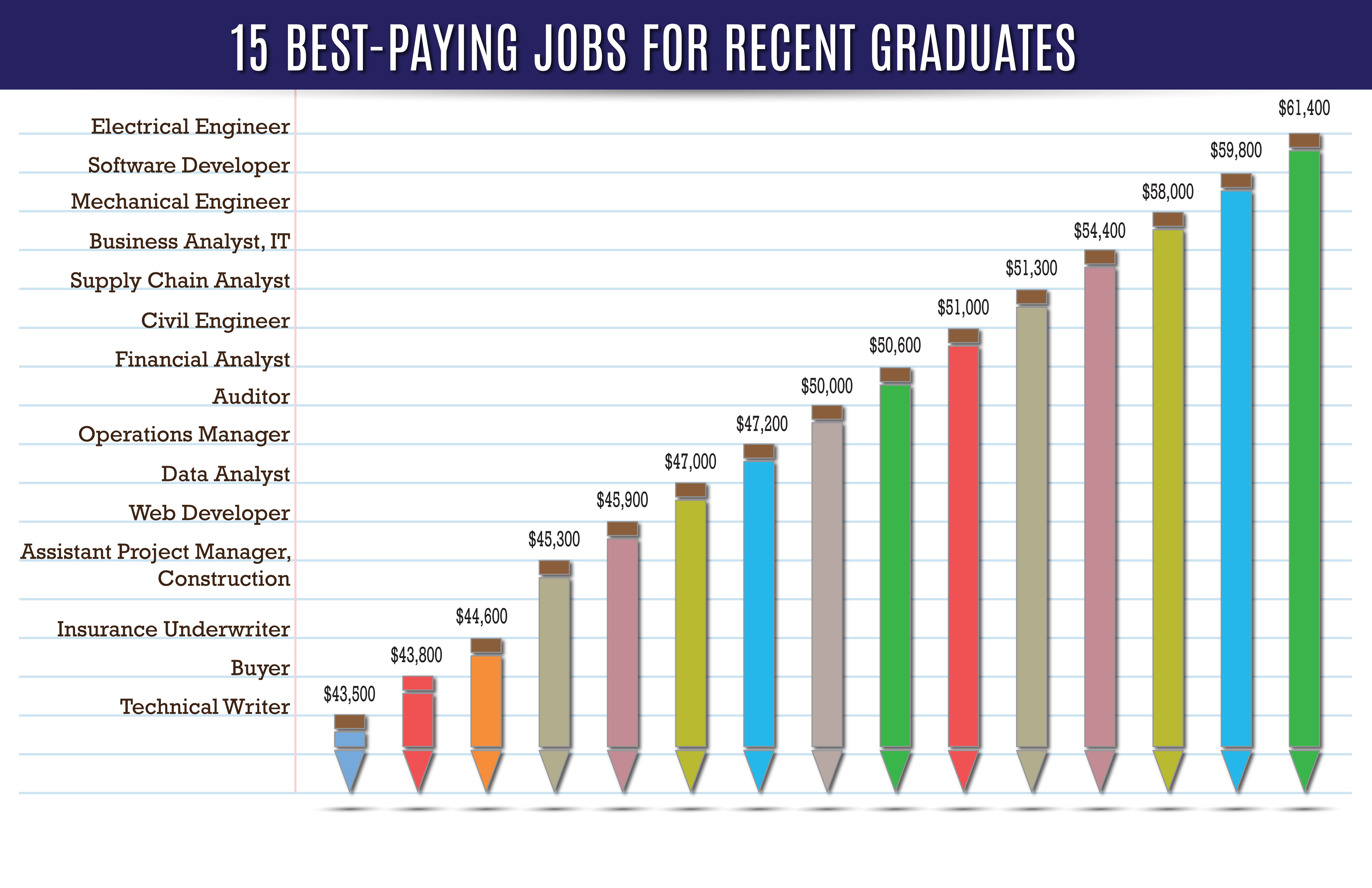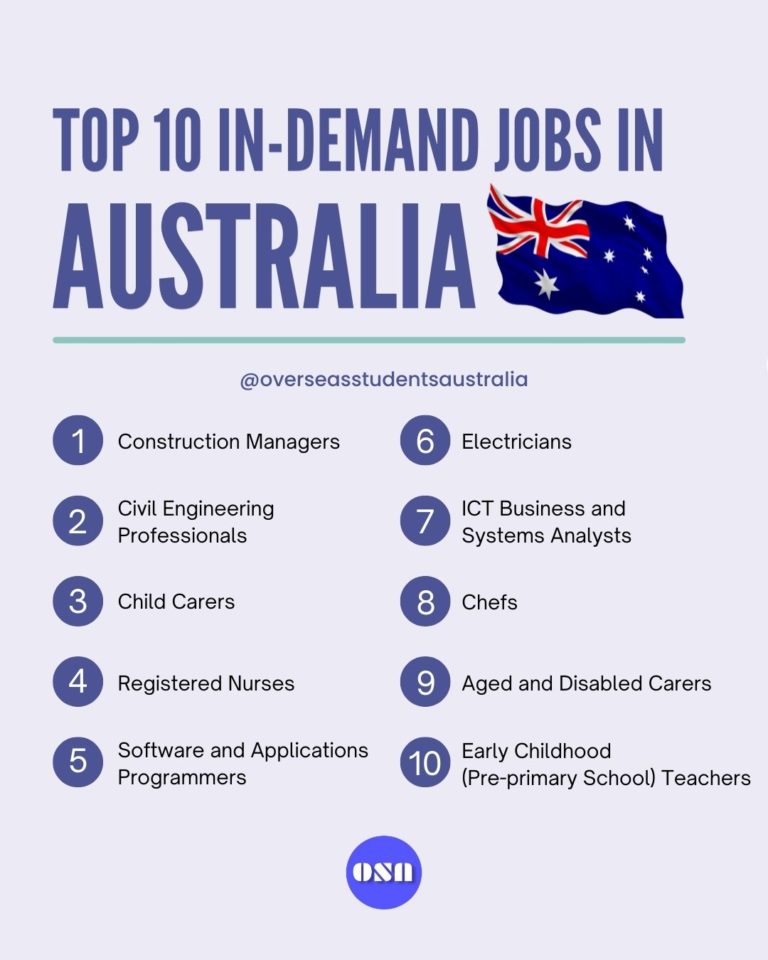What Makes a Job Truly In-Demand and Lucrative?
A job’s demand and salary are influenced by a combination of factors, including industry growth, skill shortages, and technological advancements. In today’s fast-paced job market, certain industries are experiencing rapid growth, leading to a high demand for skilled professionals. For instance, the healthcare industry is facing a significant shortage of skilled workers, particularly in specialties like nursing and data analysis. As a result, jobs in these areas are not only in high demand but also offer competitive salaries.
Technological advancements are also driving the demand for certain jobs. The rise of cloud computing, artificial intelligence, and cybersecurity has created a need for skilled professionals who can develop, implement, and manage these technologies. Similarly, the growth of e-commerce has led to an increased demand for professionals with expertise in digital marketing, data analysis, and logistics management.
Another key factor contributing to a job’s demand and salary is the level of specialization required. Jobs that require specialized skills or training, such as engineering, finance, or law, tend to be in higher demand and offer higher salaries. Additionally, jobs that are critical to the functioning of an organization, such as IT or human resources, are often in high demand and offer competitive salaries.
Understanding the factors that contribute to a job’s demand and salary can help individuals make informed decisions about their career choices. By identifying industries and jobs that are in high demand and offer competitive salaries, individuals can position themselves for success in the job market. This knowledge can also help individuals develop the skills and expertise needed to excel in their chosen careers, ultimately leading to better job prospects and higher earning potential.
How to Identify the Most Sought-After Skills in the Job Market
To stay ahead of the curve and increase their chances of landing a high-paying job, it’s essential for individuals to identify the most in-demand skills in the job market. One way to do this is by researching industry trends and job postings. Utilize online resources such as job boards, career websites, and industry publications to gather information on the skills and qualifications required for top paying jobs in demand.
Another approach is to analyze labor market data and statistics. Websites like the Bureau of Labor Statistics and job market analytics platforms provide valuable insights into the most in-demand skills and occupations. Additionally, networking with professionals in your desired field can provide valuable information on the skills and qualifications required for success.
Some of the most in-demand skills across various industries include data analysis, digital marketing, cloud computing, and cybersecurity. In the healthcare industry, skills like nursing, healthcare management, and medical research are in high demand. In the finance industry, skills like financial analysis, accounting, and investment banking are highly sought after.
It’s also essential to note that many industries are experiencing a shortage of skilled workers, particularly in areas like technology and engineering. As a result, individuals with skills in these areas can increase their chances of landing a high-paying job. By identifying the most in-demand skills and developing expertise in these areas, individuals can position themselves for success in the job market and increase their earning potential.
The Top 5 Industries with the Highest Paying Jobs in Demand
Based on labor market trends and industry growth, the following five industries are currently offering the highest paying jobs in demand. These industries are not only experiencing rapid growth but also have a high demand for skilled professionals, resulting in competitive salaries and benefits.
1. Healthcare: The healthcare industry is facing a significant shortage of skilled workers, particularly in specialties like nursing, healthcare management, and medical research. As a result, jobs in these areas are in high demand and offer competitive salaries, with median salaries ranging from $80,000 to over $200,000 per year.
2. Finance: The finance industry is another sector that is experiencing rapid growth, with a high demand for skilled professionals in areas like financial analysis, accounting, and investment banking. Jobs in these areas can offer median salaries ranging from $60,000 to over $150,000 per year.
3. Technology: The technology industry is constantly evolving, with new technologies and innovations emerging every year. As a result, there is a high demand for skilled professionals in areas like software development, data analysis, and cybersecurity, with median salaries ranging from $70,000 to over $120,000 per year.
4. Energy: The energy industry is experiencing rapid growth, with a high demand for skilled professionals in areas like renewable energy, energy management, and sustainability. Jobs in these areas can offer median salaries ranging from $60,000 to over $100,000 per year.
5. E-commerce: The e-commerce industry is experiencing rapid growth, with a high demand for skilled professionals in areas like digital marketing, e-commerce management, and logistics management. Jobs in these areas can offer median salaries ranging from $50,000 to over $90,000 per year.
Breaking Down the Top Paying Jobs in Demand by Industry
Within the top 5 industries with the highest paying jobs in demand, there are several job titles that stand out for their high salaries and growth opportunities. Here’s a breakdown of the top paying jobs in demand within each industry:
Healthcare:
– Physician: $200,000 – $600,000 per year
– Dentist: $150,000 – $300,000 per year
– Pharmacist: $120,000 – $150,000 per year
Finance:
– Investment Banker: $100,000 – $200,000 per year
– Financial Manager: $80,000 – $150,000 per year
– Portfolio Manager: $70,000 – $120,000 per year
Technology:
– Software Engineer: $80,000 – $150,000 per year
– Data Scientist: $70,000 – $120,000 per year
– Cybersecurity Specialist: $60,000 – $100,000 per year
Energy:
– Renewable Energy Engineer: $60,000 – $100,000 per year
– Energy Manager: $50,000 – $90,000 per year
– Sustainability Specialist: $40,000 – $70,000 per year
E-commerce:
– E-commerce Manager: $50,000 – $90,000 per year
– Digital Marketing Specialist: $40,000 – $70,000 per year
– Logistics Manager: $30,000 – $60,000 per year
These job titles are not only in high demand but also offer competitive salaries and growth opportunities. However, it’s essential to note that salaries can vary widely depending on factors like location, experience, and industry.
What Employers Look for in Candidates for High-Paying Jobs
When it comes to hiring for top paying jobs in demand, employers are looking for candidates who possess a unique combination of skills, qualities, and experience. While the specific requirements may vary depending on the industry and job title, there are certain key qualities and skills that employers consistently look for in candidates.
Leadership skills are highly valued in candidates for high-paying jobs. Employers want to hire individuals who can inspire and motivate others, make informed decisions, and drive results. Additionally, problem-solving abilities are essential for success in high-paying jobs, as employers need individuals who can analyze complex problems and develop creative solutions.
Adaptability is another key quality that employers look for in candidates for high-paying jobs. With the rapid pace of technological change and shifting industry trends, employers need individuals who can adapt quickly to new situations and challenges. This includes being open to learning new skills, embracing new technologies, and being willing to pivot when necessary.
Employers also place a high value on candidates with strong communication and interpersonal skills. High-paying jobs often require collaboration with colleagues, clients, and stakeholders, so employers need individuals who can communicate effectively and build strong relationships.
In addition to these key qualities and skills, employers may also look for candidates with relevant industry experience, specialized skills or certifications, and a strong track record of achievement. By possessing these qualities and skills, candidates can increase their chances of landing a high-paying job in demand and achieving long-term career success.
How to Position Yourself for a High-Paying Job in Demand
To position yourself for a high-paying job in demand, it’s essential to take a strategic approach to your career development. One key step is to build a strong professional network. Attend industry events, join professional organizations, and connect with people on LinkedIn to expand your network and stay informed about job opportunities.
Creating a personal brand is also crucial for standing out in a competitive job market. Develop a professional online presence, including a LinkedIn profile and a personal website or blog, to showcase your skills and experience. Use social media to share your expertise and engage with others in your industry.
Developing a growth mindset is also essential for success in high-paying jobs in demand. Stay curious and committed to learning, and be open to new challenges and opportunities. Pursue certifications, training, and education to enhance your skills and stay ahead of the curve.
Another key strategy is to focus on developing transferable skills, such as communication, problem-solving, and leadership. These skills are valuable across multiple industries and can help you stand out as a candidate for high-paying jobs.
Finally, be proactive in your job search. Don’t wait for opportunities to come to you – create your own. Reach out to companies and recruiters, and be prepared to make a strong case for why you’re the best fit for a high-paying job in demand.
Navigating the Job Market: Tips for Landing a High-Paying Job
Navigating the job market can be challenging, especially when it comes to landing a high-paying job in demand. However, with the right strategies and techniques, you can increase your chances of success. Here are some tips for navigating the job market and landing a high-paying job:
Crafting a compelling resume is essential for standing out in a competitive job market. Make sure your resume is tailored to the specific job you’re applying for, and highlight your relevant skills and experience. Use keywords from the job description to help your resume pass through applicant tracking systems (ATS) and catch the eye of hiring managers.
Acing job interviews is also crucial for landing a high-paying job. Research the company and the position beforehand, and prepare thoughtful questions to ask the interviewer. Practice your responses to common interview questions, and be ready to talk about your skills and experience. Use the STAR method to structure your responses, and provide specific examples of your accomplishments.
Negotiating salary is another important aspect of landing a high-paying job. Do your research beforehand to determine the average salary range for the position, and be prepared to make a strong case for why you deserve a higher salary. Don’t be afraid to negotiate, and be willing to walk away if the salary isn’t right.
Networking is also a key part of navigating the job market. Attend industry events, join professional organizations, and connect with people on LinkedIn to expand your network and stay informed about job opportunities. Use your network to get referrals and recommendations, and be willing to help others in return.
Finally, be proactive in your job search. Don’t wait for opportunities to come to you – create your own. Reach out to companies and recruiters, and be prepared to make a strong case for why you’re the best fit for a high-paying job in demand.
Staying Ahead of the Curve: Continuous Learning for Career Advancement
In today’s fast-paced job market, it’s essential to stay ahead of the curve and continuously develop new skills to remain competitive. This is especially true for high-paying jobs in demand, where employers are looking for candidates who can adapt to new technologies and innovations. Continuous learning and professional development are key to career advancement and staying ahead of the curve in these fields.
One way to stay ahead of the curve is to pursue certifications and training programs that align with your career goals. This can include online courses, workshops, and conferences that provide hands-on experience and exposure to new technologies and trends. Additionally, consider pursuing a graduate degree or certification in a field related to your current career, such as an MBA or a certification in data science.
Another way to stay ahead of the curve is to stay up-to-date with industry trends and news. Follow industry leaders and publications on social media, and attend conferences and events to network with other professionals and learn about new developments. This will help you stay informed about the latest technologies and innovations, and provide you with a competitive edge in the job market.
Continuous learning and professional development are essential for career advancement and staying ahead of the curve in high-paying jobs in demand. By pursuing certifications and training programs, staying up-to-date with industry trends, and continuously developing new skills, you can position yourself for success and remain competitive in the job market.








